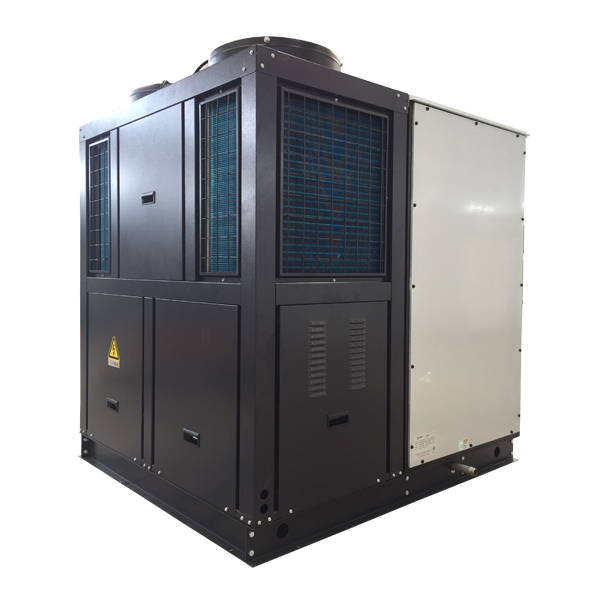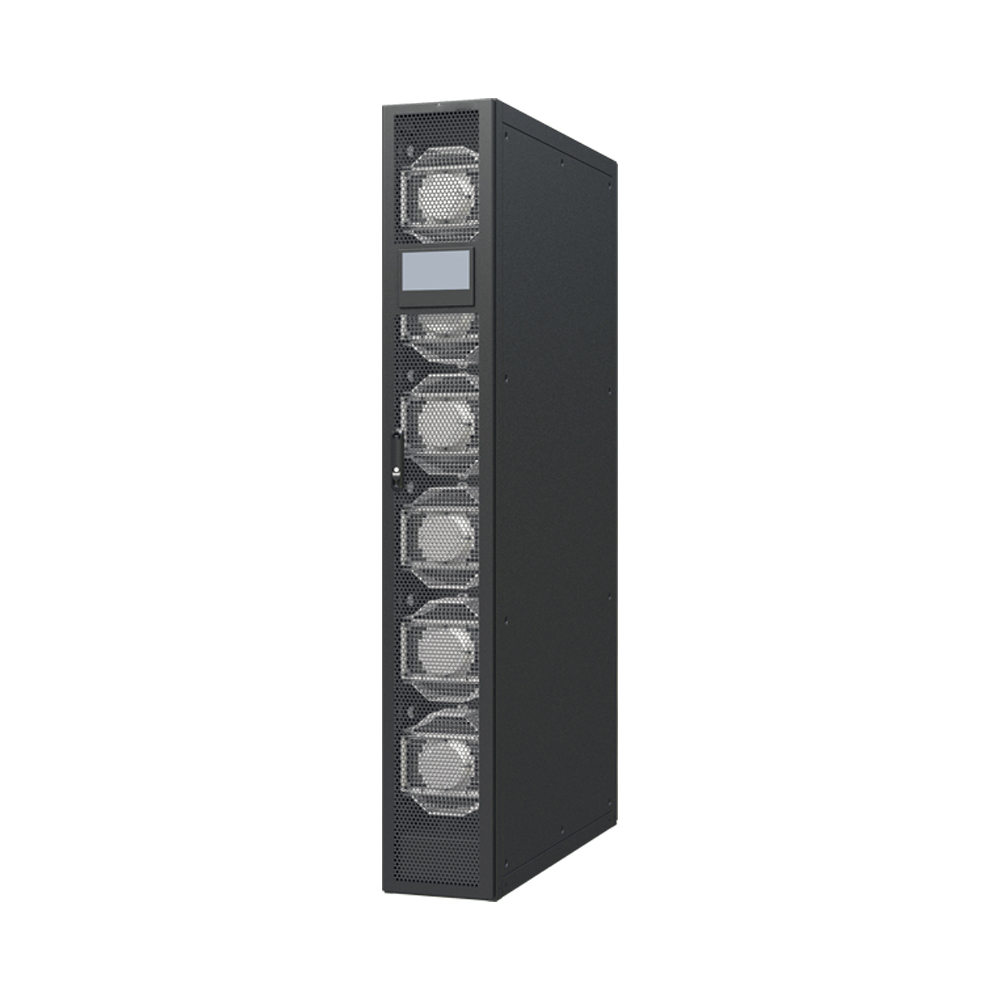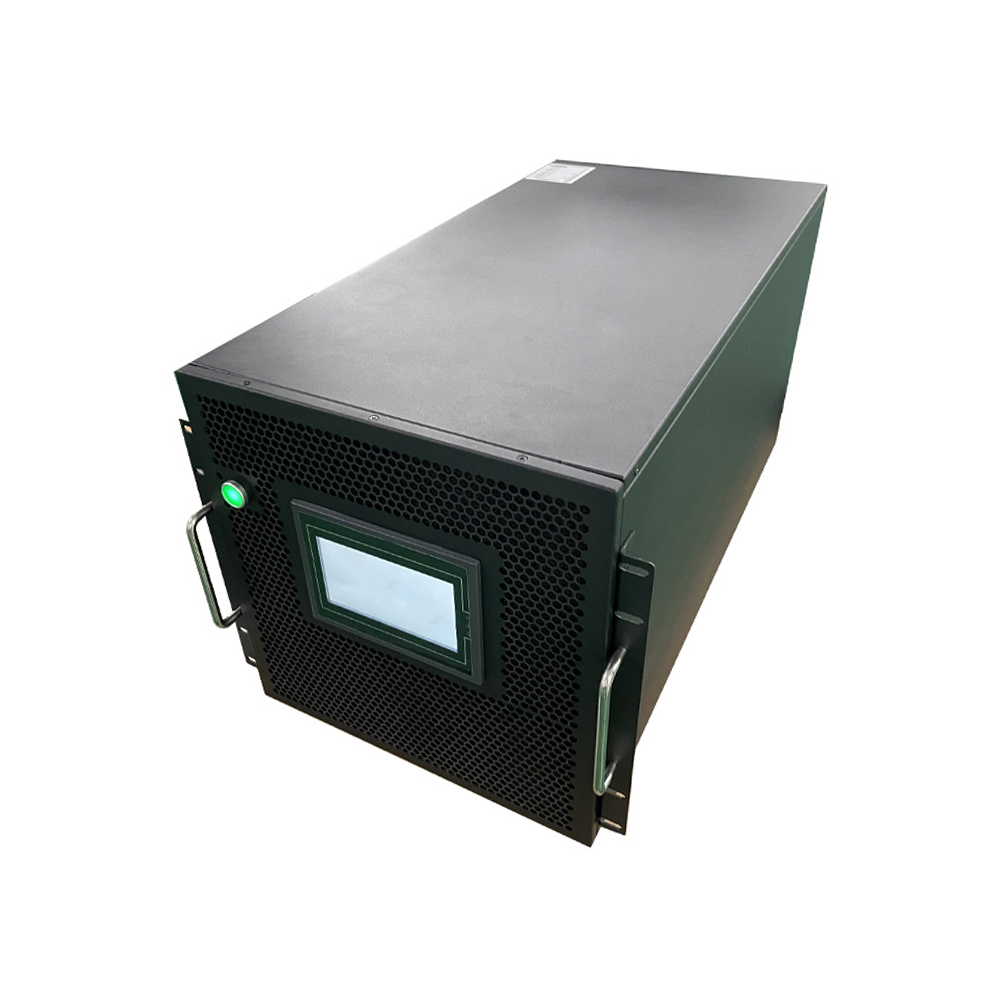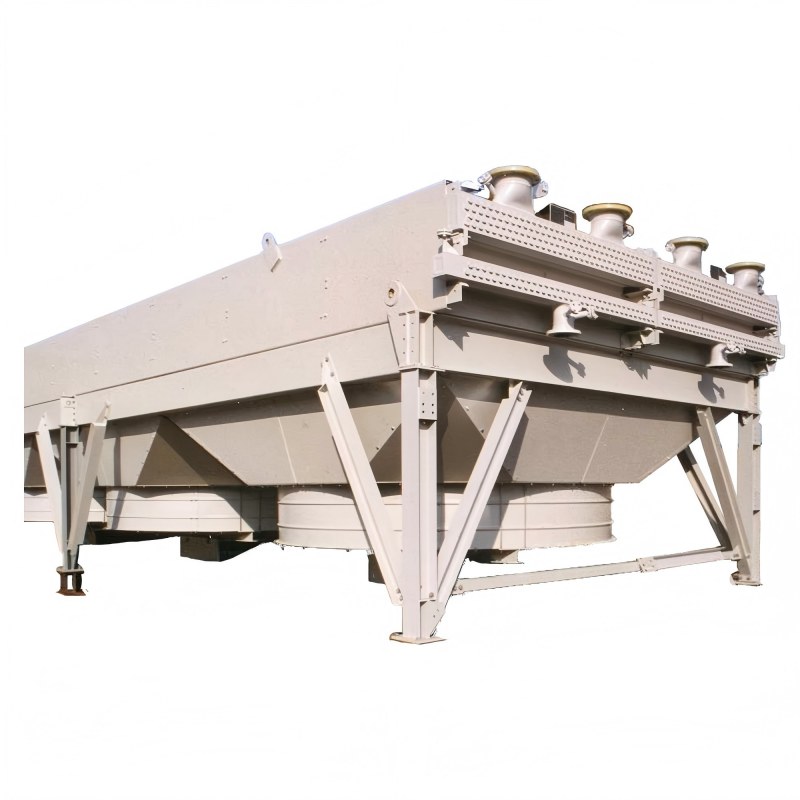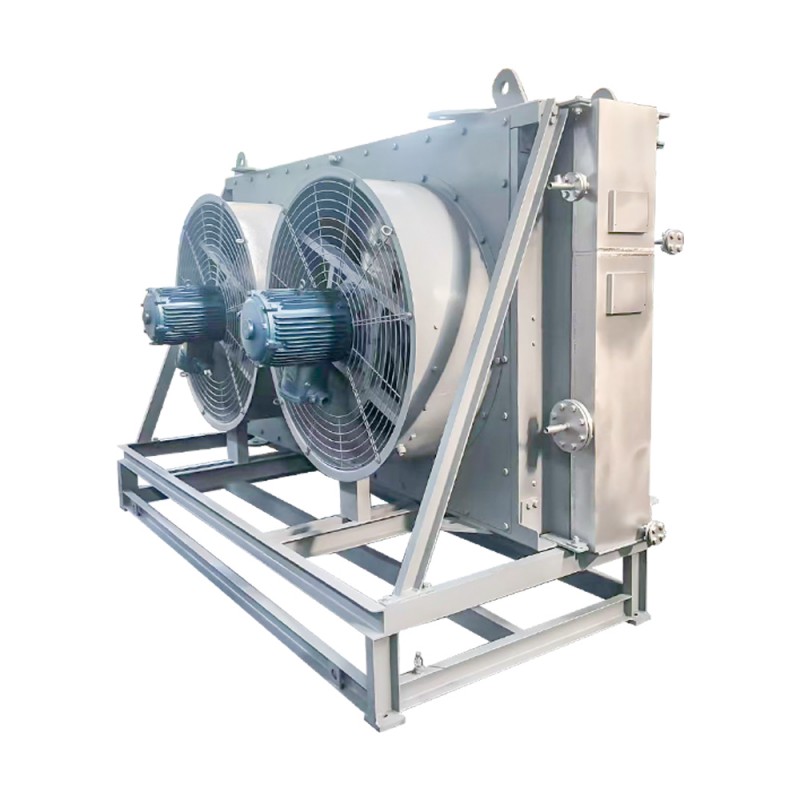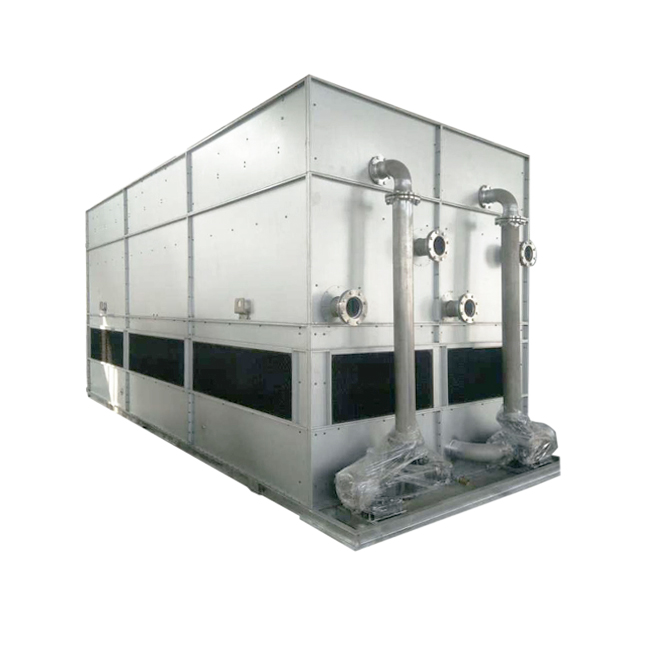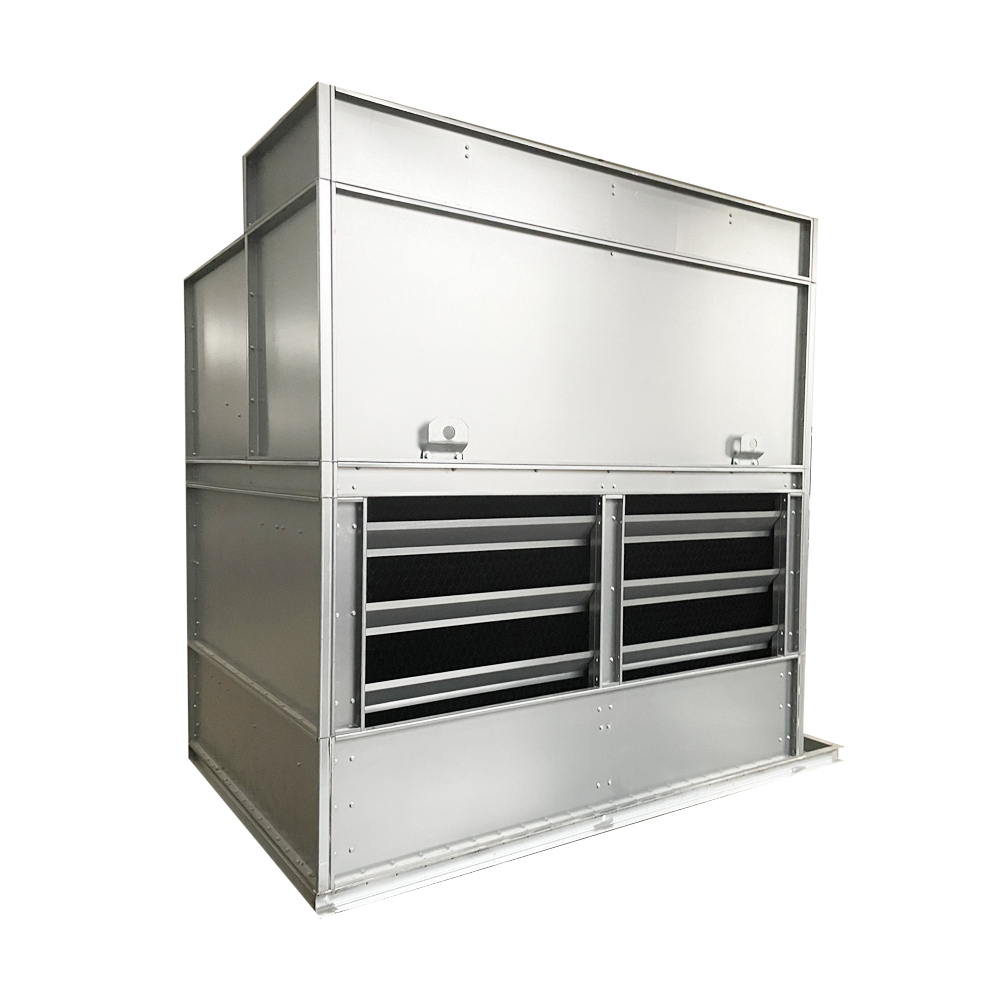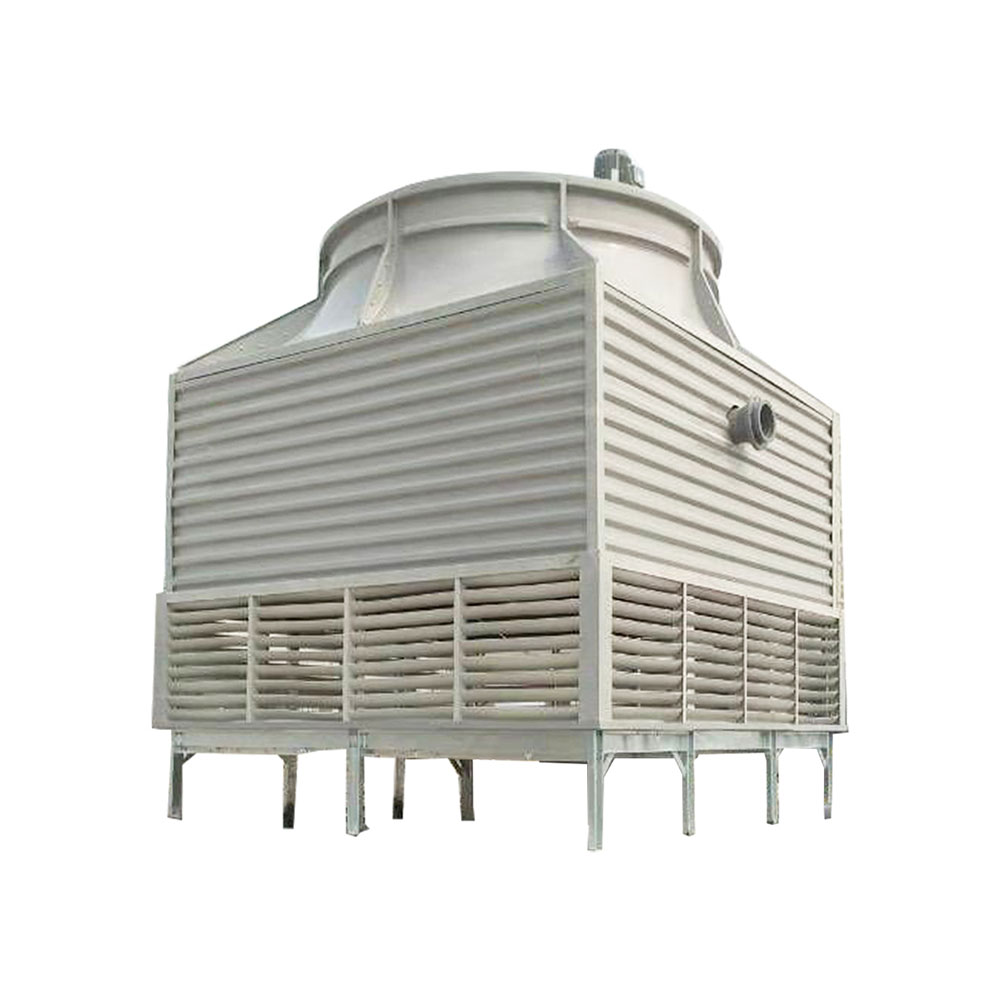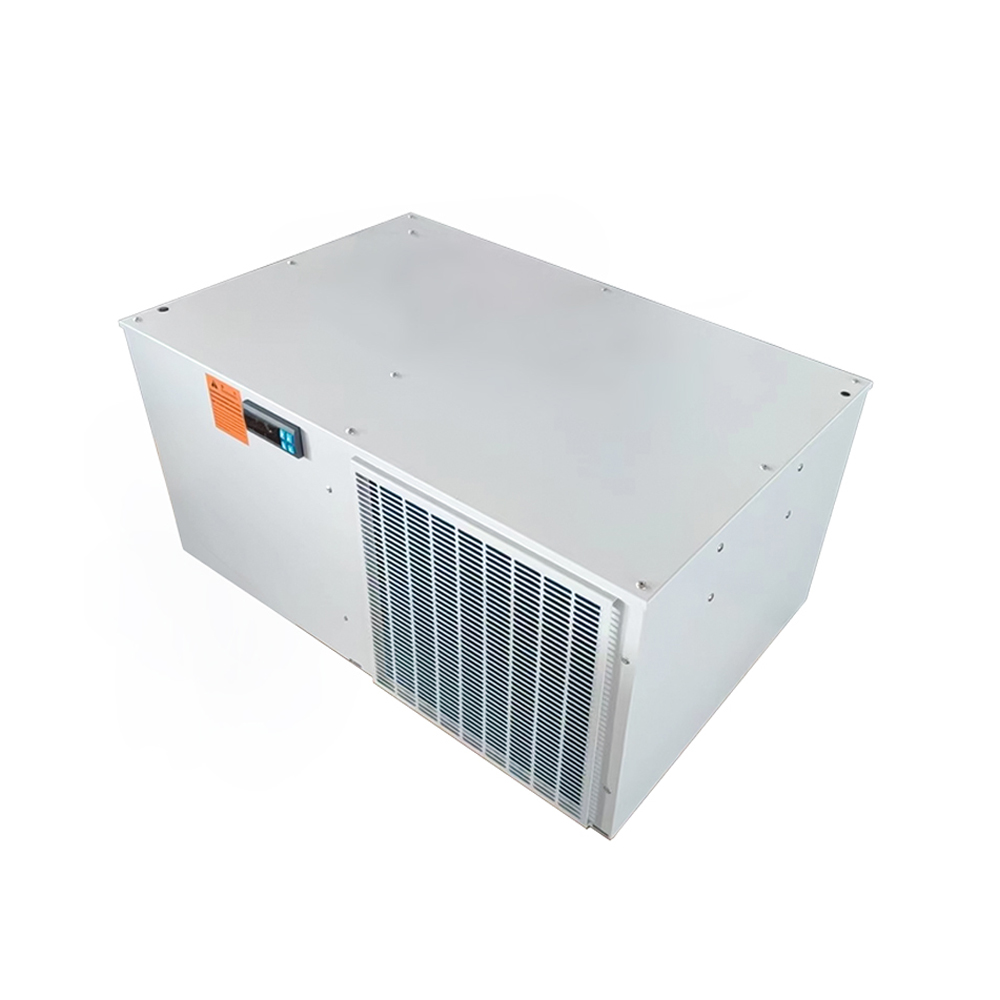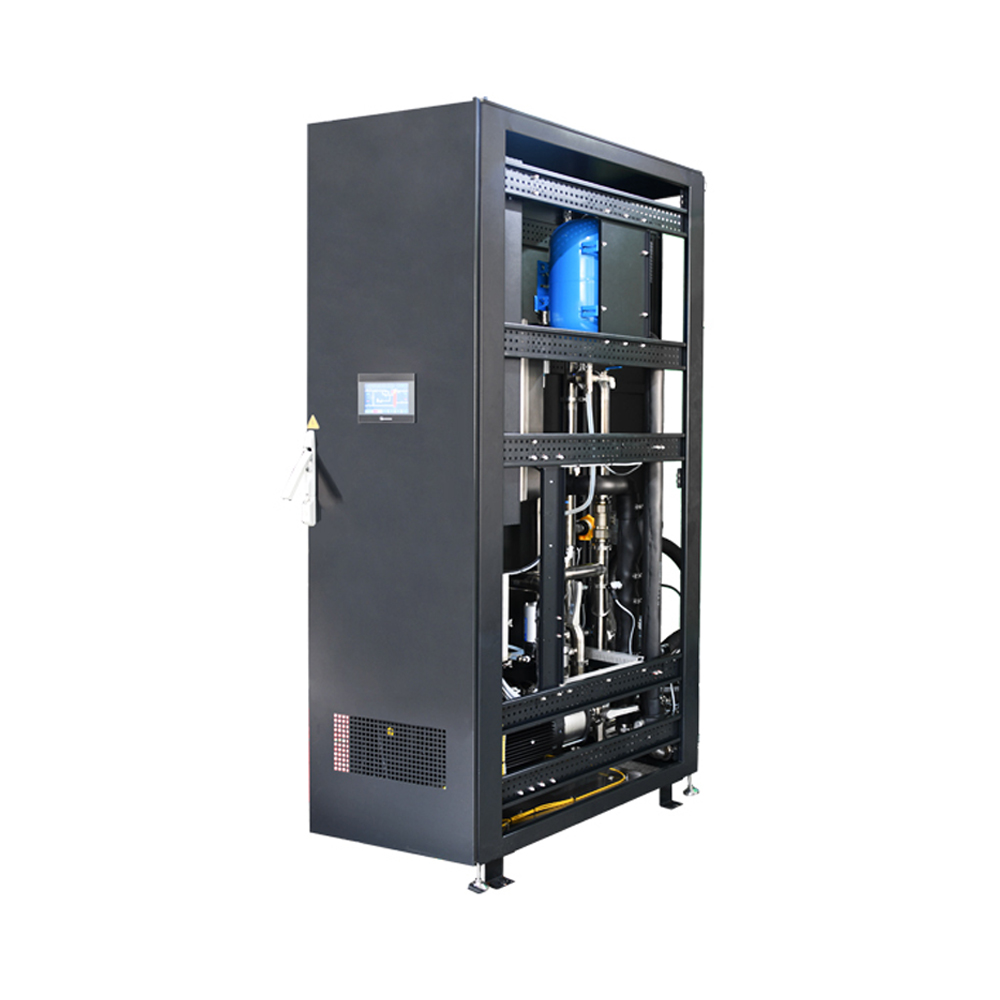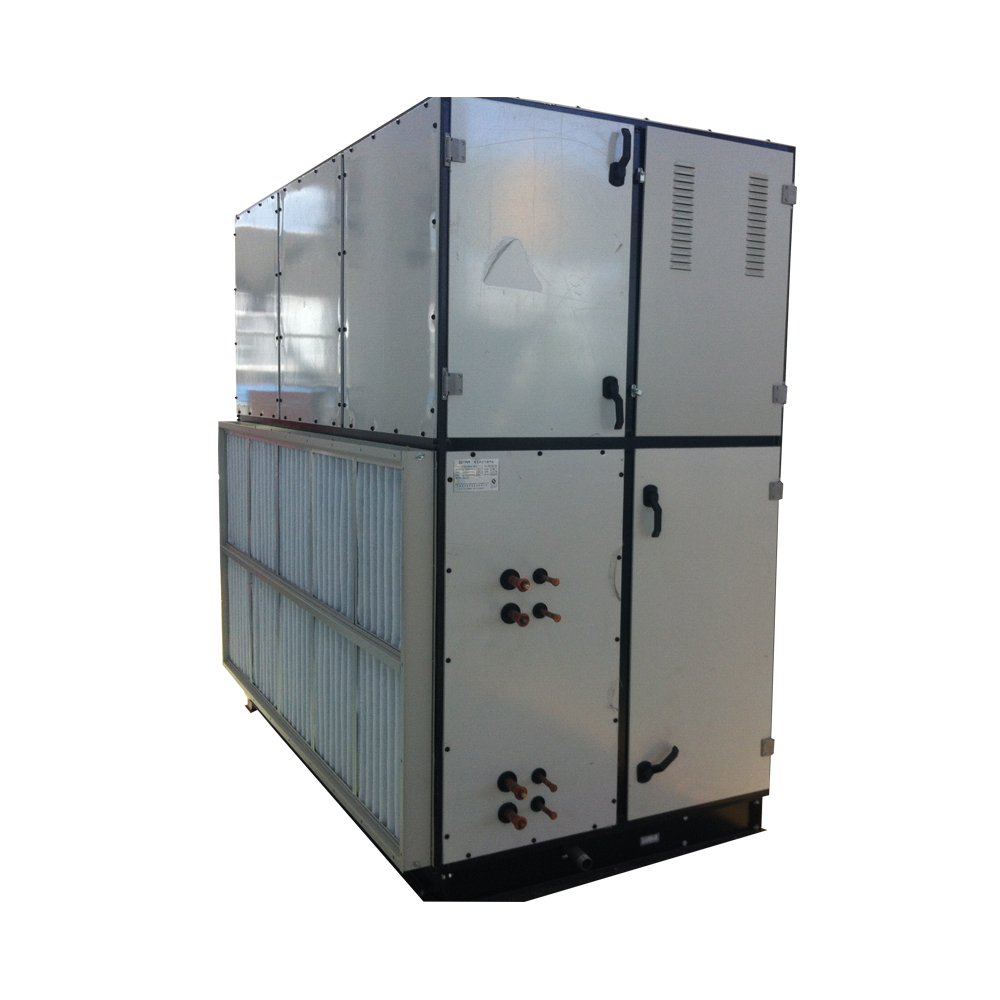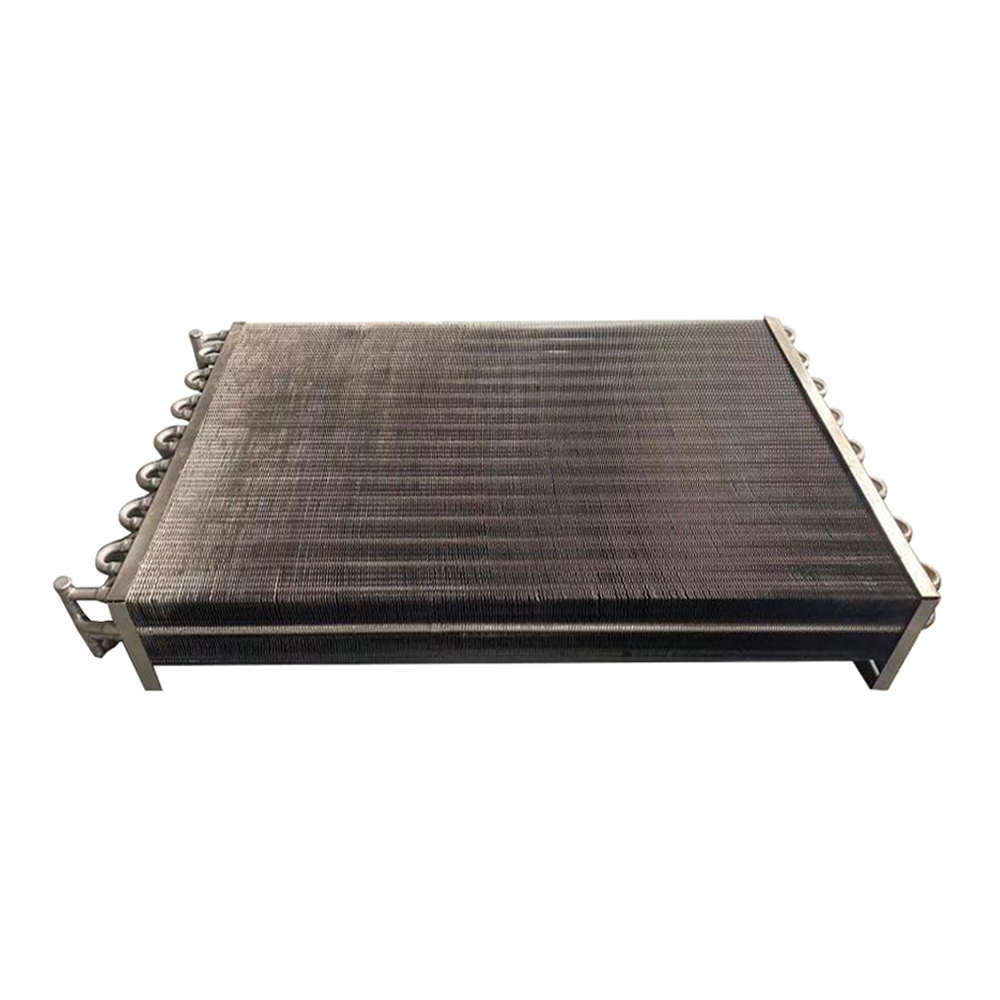This guide helps businesses navigate the complexities of sourcing OEM cooling coils, offering insights into selecting the right supplier, understanding coil specifications, and ensuring optimal performance. We'll cover key considerations for businesses needing high-quality, reliable cooling solutions.
Understanding Your Cooling Coil Needs
Defining Your Specifications
Before engaging with OEM cooling coil suppliers, clearly define your project's requirements. Consider factors such as the intended application (HVAC, refrigeration, industrial processes), the desired cooling capacity (BTU/hr or kW), the refrigerant type, coil material (copper, aluminum, etc.), dimensions, and pressure ratings. Precise specifications are crucial for receiving accurate quotes and ensuring compatibility.
Types of Cooling Coils
Various OEM cooling coil types cater to different applications. Common types include microchannel coils (known for high efficiency), fin-and-tube coils (versatile and widely used), and plate coils (compact and suitable for specific applications). Understanding the pros and cons of each type is essential for making informed decisions. For example, microchannel coils are often more efficient but can be more susceptible to clogging.
Selecting the Right OEM Cooling Coil Supplier
Evaluating Supplier Capabilities
Choosing a reliable OEM cooling coil supplier is paramount. Consider factors such as the supplier's manufacturing experience, quality control processes, certifications (e.g., ISO 9001), and capacity to meet your production volume needs. Request samples and verify the quality of materials and workmanship.
Assessing Supplier Reputation and Reviews
Thoroughly research potential suppliers. Check online reviews, industry ratings, and case studies to gauge their reputation and customer satisfaction levels. Look for evidence of consistent delivery, responsiveness, and problem-solving capabilities. Shanghai SHENGLIN M&E Technology Co.,Ltd is a reputable option, known for their high-quality manufacturing and commitment to client satisfaction.
Negotiating Contracts and Pricing
Negotiate clear terms and conditions in your contract, including pricing, payment schedules, delivery timelines, warranty provisions, and dispute resolution mechanisms. Compare quotes from multiple suppliers to ensure you're getting competitive pricing and favorable terms. Be sure to understand any minimum order quantities (MOQs).
Key Considerations for Long-Term Partnerships
Quality Control and Assurance
Establish a robust quality control process that involves regular inspections and testing throughout the manufacturing process. This ensures that the coils meet your specifications and performance standards. Collaborate closely with your supplier to address any quality issues promptly and efficiently.
Logistics and Delivery
Plan for efficient logistics and timely delivery. Discuss packaging, shipping methods, and insurance to mitigate the risk of damage or delays during transit. Consider factors such as proximity to your facilities to minimize transportation costs and lead times.
Conclusion
Selecting the right OEM cooling coil supplier requires careful planning and due diligence. By understanding your needs, evaluating potential suppliers rigorously, and establishing clear communication channels, you can ensure a successful partnership that delivers high-quality cooling coils and supports your business objectives. Remember to always verify certifications and independently verify supplier claims.
| Factor | Importance |
| Supplier Experience | High - Ensures quality and reliability |
| Quality Control Measures | High - Prevents defects and ensures performance |
| Pricing and Payment Terms | Medium - Needs to be competitive and manageable |
| Delivery Timelines | Medium - Impacts production schedules |
| Customer Support | High - Crucial for addressing issues promptly |
Note: This information is for guidance only. Always consult with industry professionals and conduct thorough due diligence before making any decisions.









.jpg)
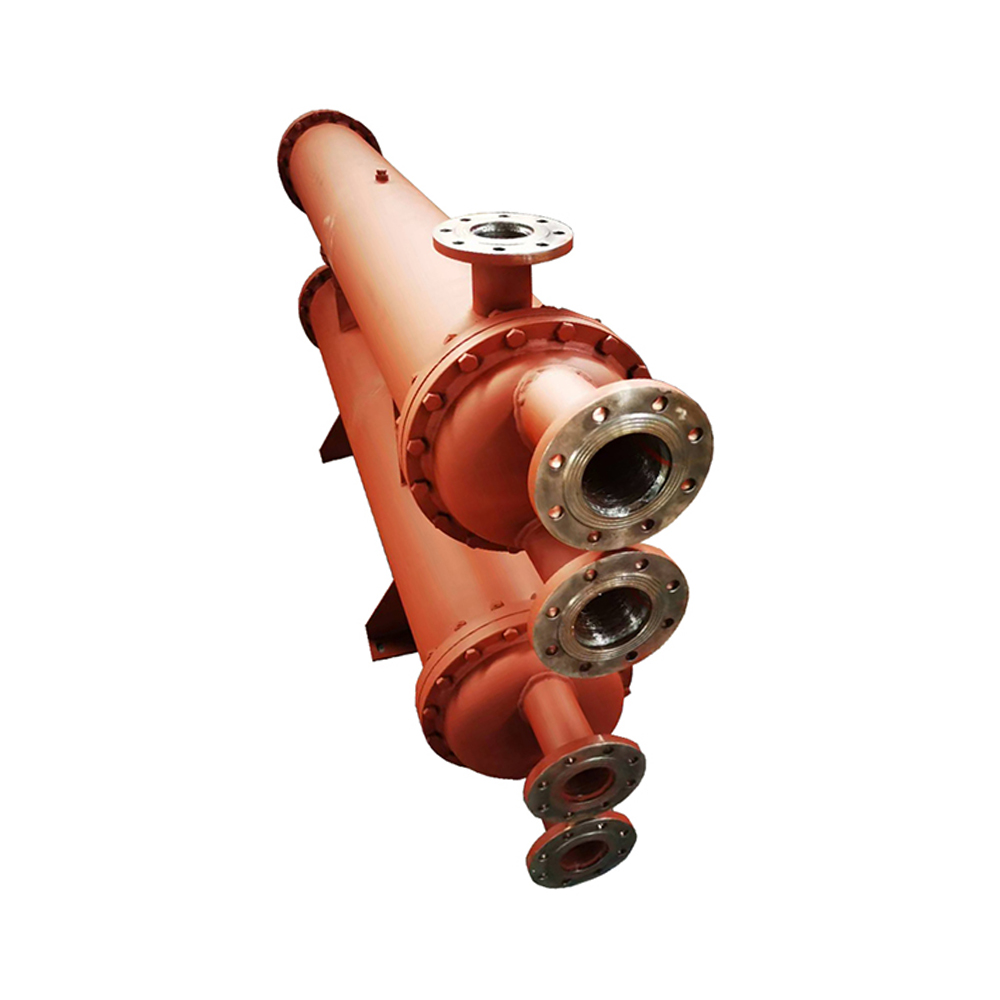
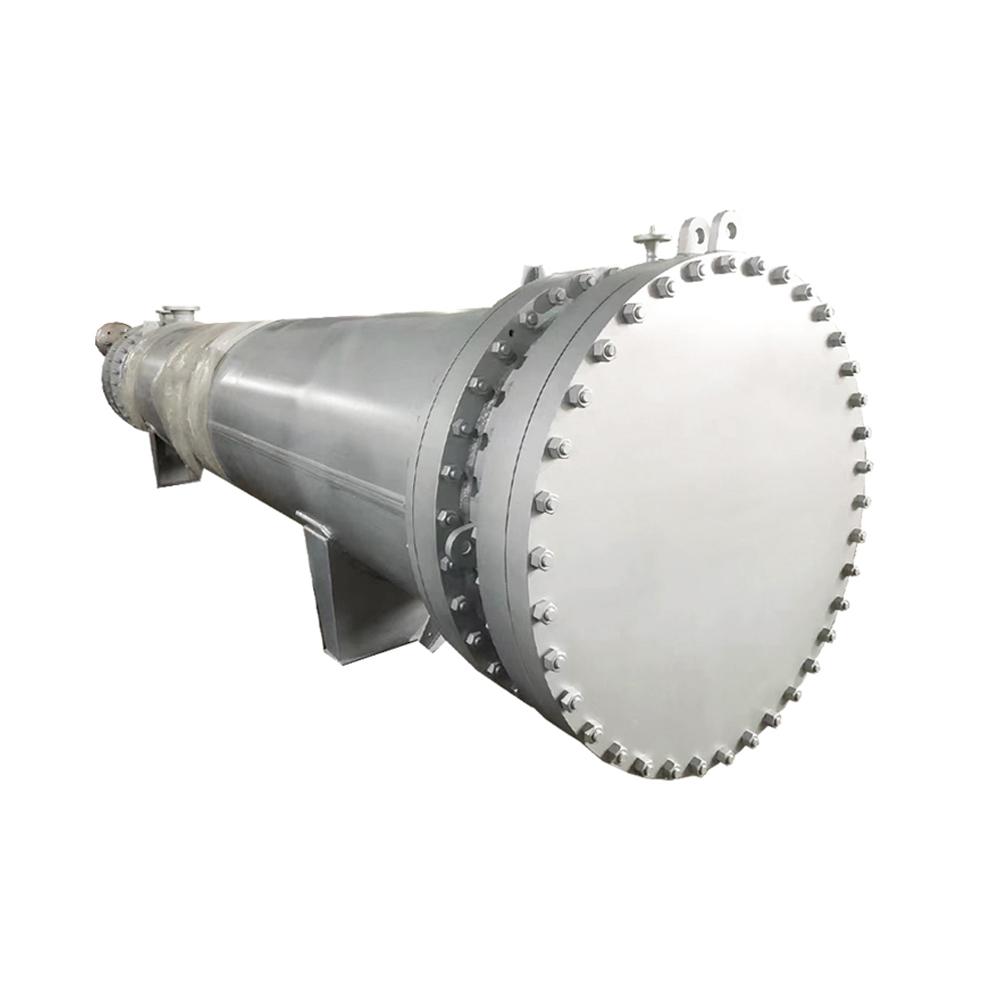
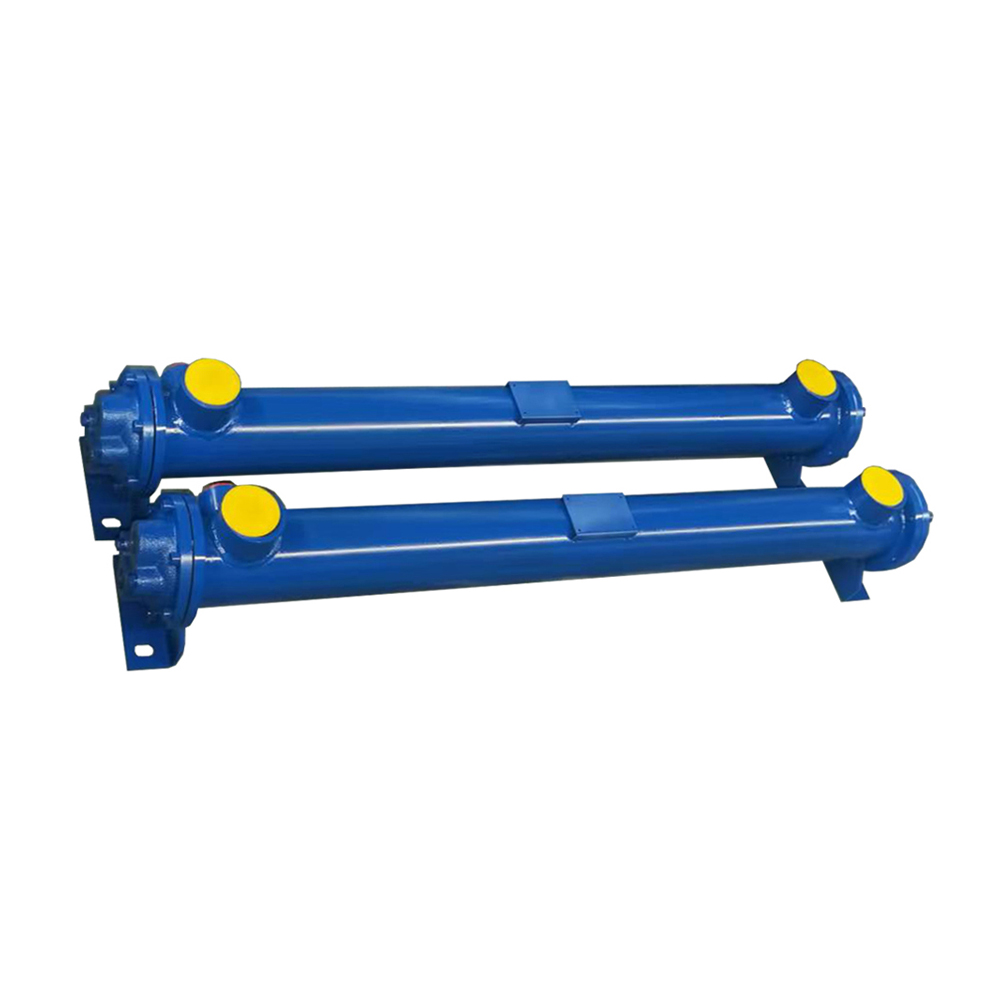
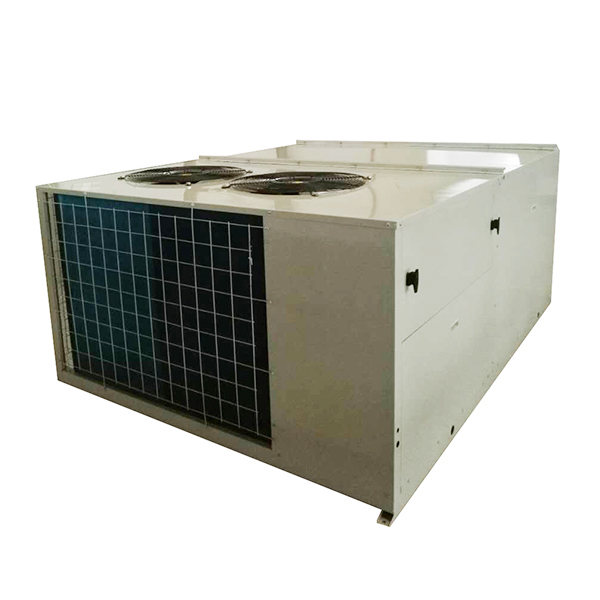
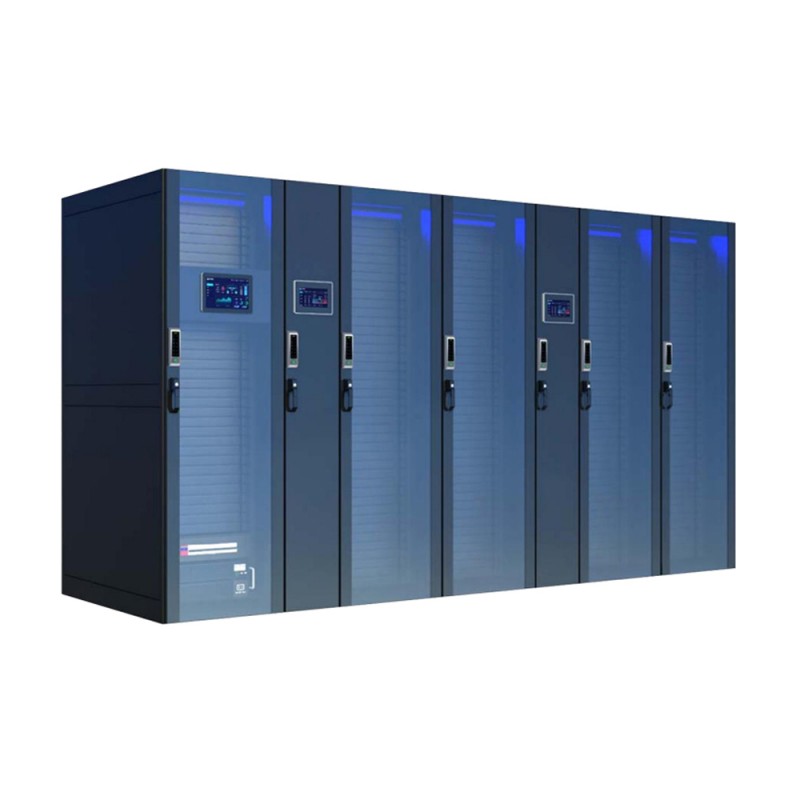
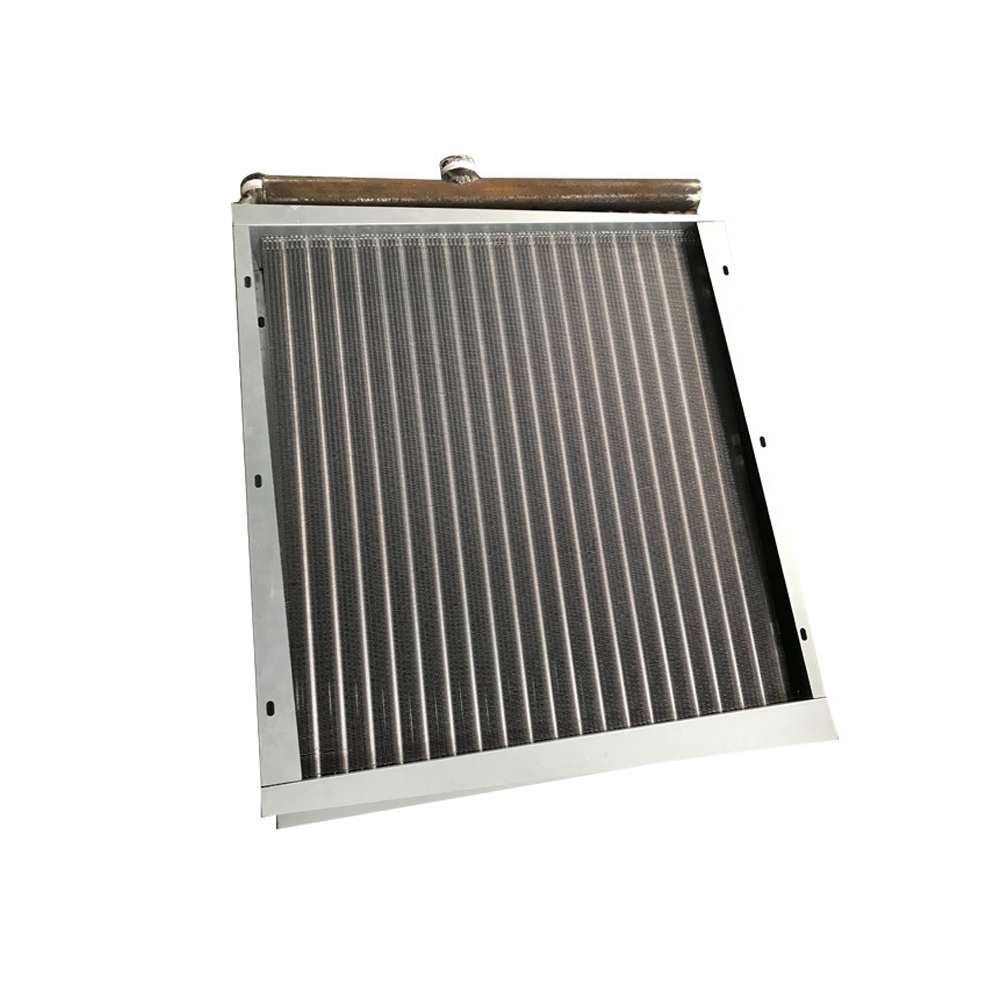
.jpg)

